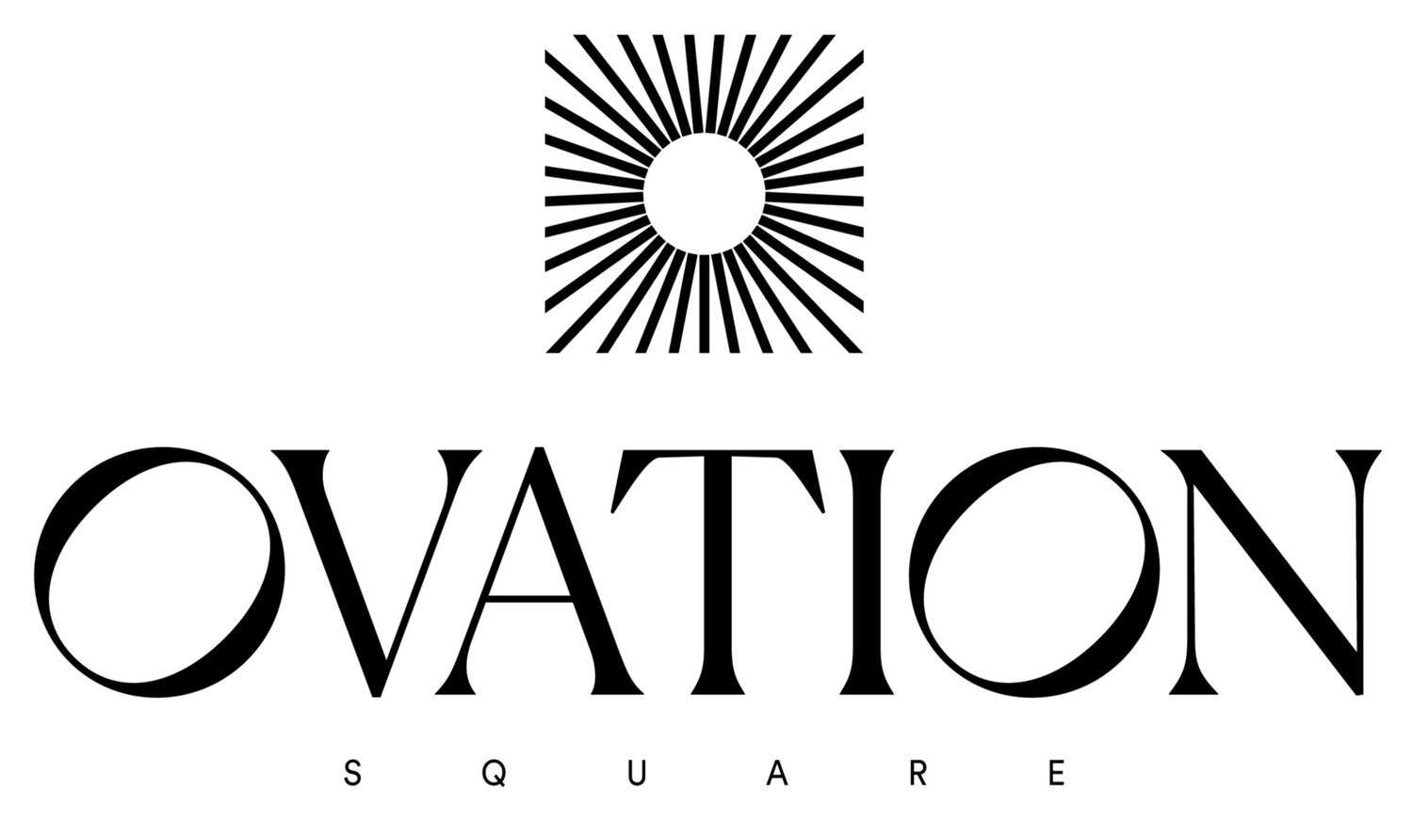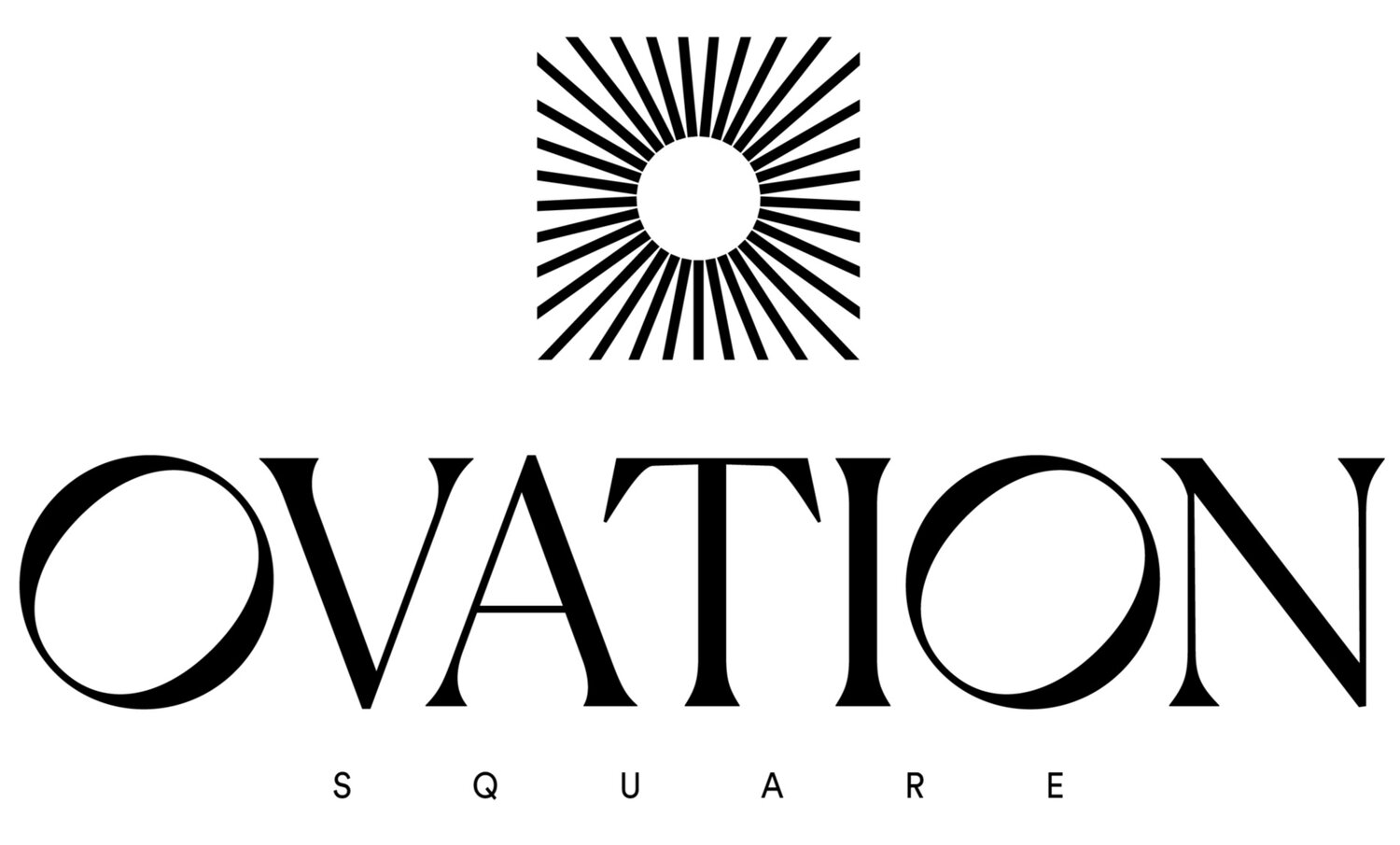The Ultimate Guide to Managing an Event Venue
Managing an event venue can be a rewarding but challenging task. Whether you're running an indoor event venue or an outdoor space, it's essential to have the right knowledge, skills, and resources to manage the venue effectively. In this ultimate guide, we'll cover tips to manage an event venue, characteristics of a good venue, and steps to manage an event venue to ensure its success.
Tips to Manage an Event Venue
Set Clear Goals and Objectives - Before you start managing your event venue, you should have a clear idea of what you want to achieve. Set goals and objectives that align with your vision and mission, and use them to guide your decision-making process.
Create a Team of Dedicated Professionals - To manage an event venue successfully, you need a team of dedicated professionals who share your passion and commitment. Hire staff who are skilled, experienced, and customer-oriented, and provide them with ongoing training and support to help them grow.
Implement Efficient Processes and Systems - Efficient processes and systems are essential to managing an event venue effectively. Develop standard operating procedures for different aspects of your venue, such as booking, marketing, and event management, and use technology to automate tasks where possible.
Foster Positive Relationships with Vendors and Clients - Strong relationships with vendors and clients can help you to build a loyal customer base and generate repeat business. Foster positive relationships by providing excellent customer service, communicating effectively, and being responsive to their needs.
What are the Characteristics of a Good Venue?
Location - A good venue should be located in a convenient and accessible location that is easy for guests to find and access. Consider factors such as parking, public transportation, and proximity to amenities when selecting a location.
Capacity - The venue's capacity should match the type and size of events you plan to host. Ensure that the venue can accommodate the number of guests, equipment, and services required for each event.
Amenities - A good venue should have a range of amenities to enhance the guest experience, such as Wi-Fi, audiovisual equipment, and catering services. Consider what amenities your guests are likely to need and ensure that the venue can provide them.
Flexibility - The ability to adapt to different types of events and client needs is essential for a good venue. Ensure that the venue has the flexibility to accommodate different event setups, layouts, and requirements.
There will be different type of venue needs according to the event type, like a birthday event venue may be more casual and lively then an intense set up for a company event venue.
Steps to Manage an Event Venue
Develop a Business Plan - A business plan is essential for managing an event venue effectively. It should outline your vision, mission, goals, and objectives, as well as your marketing and financial plans.
Create a Marketing Strategy - A marketing strategy is essential to promote your event venue and attract customers. Develop a marketing plan that includes online and offline marketing channels, such as social media, email marketing, and event sponsorships.
Establish a Booking Process - A booking process is crucial to managing an event venue effectively. Develop a process that is easy to use and provides clear information to clients about pricing, availability, and booking terms.
Provide Excellent Customer Service - Excellent customer service is critical to the success of your event venue. Train your staff to be responsive, attentive, and helpful to clients, and ensure that they have the resources they need to deliver exceptional service.
In conclusion, managing an event venue requires dedication, hard work, and a commitment to excellence. By following these tips, identifying the characteristics of a good venue, and taking steps to manage your venue effectively, you can create a successful and profitable event space rental business. Whether you're operating in Los Angeles or any other location, partnering with an experienced event management company can also help you to streamline your processes, improve your customer service, and grow your business.
Frequently Asked Questions
Q: What are the key skills required for managing an event venue?
A: Managing an event venue requires a range of skills you can hire an event planner to make your work easy, including strong organizational and communication skills, customer service skills, and financial management skills. Attention to detail, problem-solving ability, and adaptability are also essential.
Q: What are the most common challenges faced when managing an event venue?
A: Common challenges include managing multiple events simultaneously, dealing with last-minute changes, handling customer complaints, and ensuring that the venue meets health and safety regulations. Other challenges may include managing staff, scheduling, and budgeting.
Q: How can I ensure that my event venue stands out from the competition?
A: To stand out from the competition, focus on providing excellent customer service, offering unique amenities or services, and creating a memorable experience for your clients. Building a strong brand and reputation through online and offline marketing can also help to differentiate your venue from competitors.
Q: What are some effective ways to market an event venue?
A: Effective marketing strategies for an event venue include creating a strong online presence through social media, a website, and online directories. Utilizing email marketing, offering promotional deals or packages, and networking with event planners and vendors can also be effective.
Q: How can I manage the financial aspects of running an event venue?
A: To manage the financial aspects of running an event venue, it is important to create a budget and stick to it. You should also track revenue and expenses, regularly review financial reports, and ensure that you have appropriate insurance coverage. Additionally, developing relationships with vendors and negotiating contracts can help to reduce costs.


